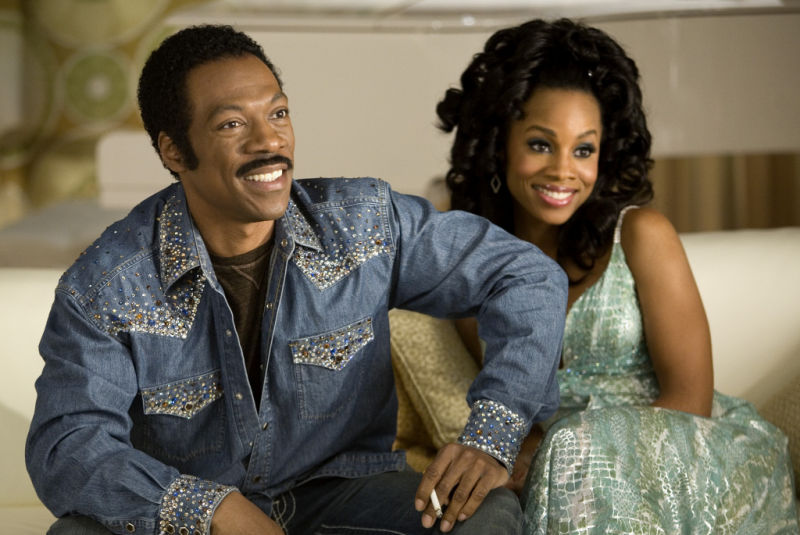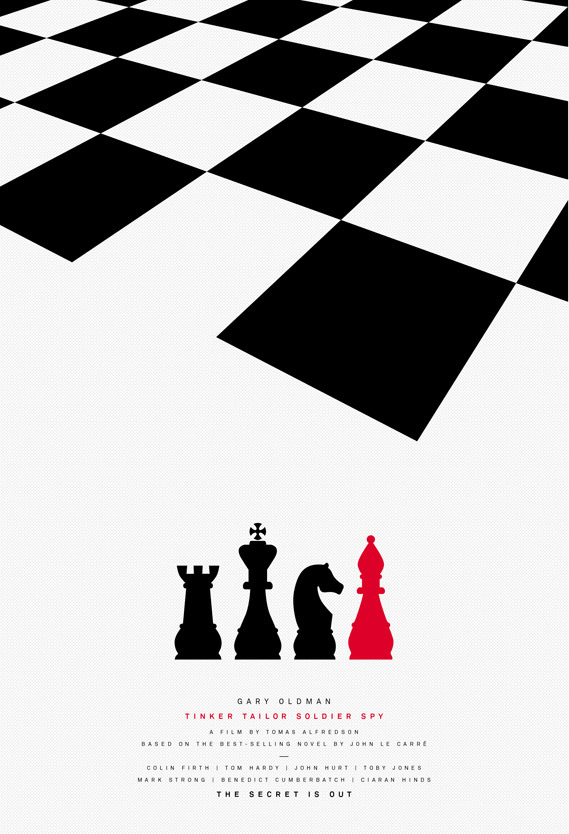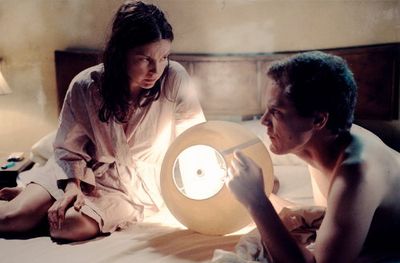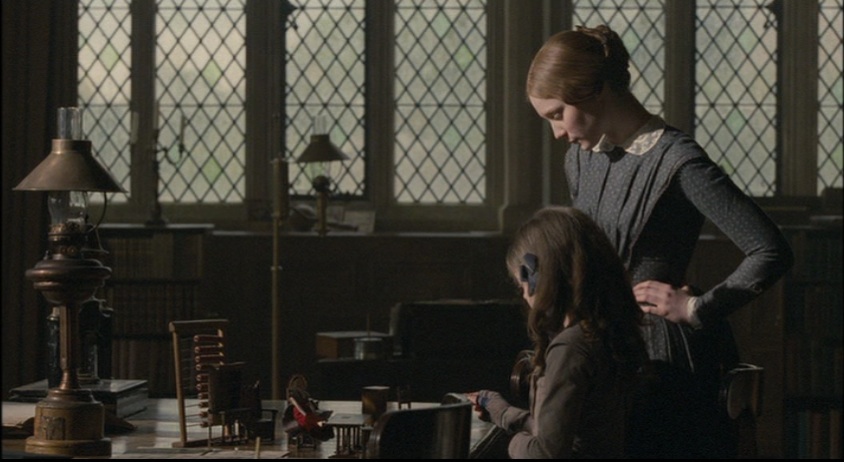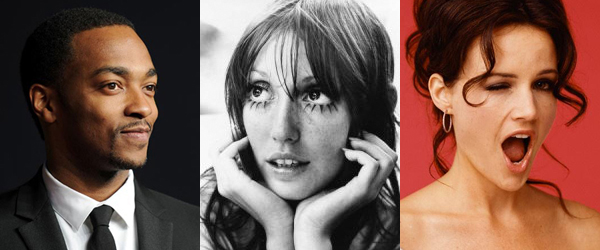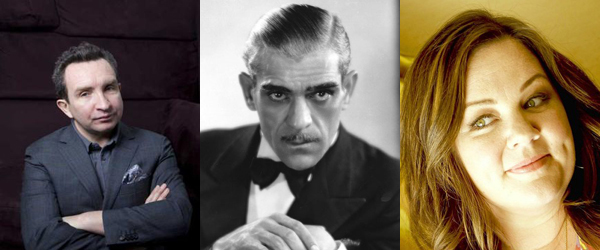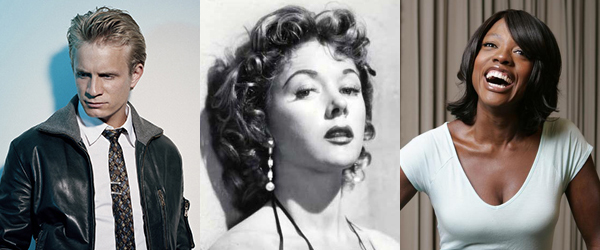Venice, Day 5: Shame, Alps, Wilde Salome & Sal
 Sunday, September 4, 2011 at 11:32PM
Sunday, September 4, 2011 at 11:32PM  [Editor's Note: Manolis, TFE's Greek correspondent at the Venice Film Festival chimes in briefly on a very busy screening day. Notes on four films, the last of them a probable prize winner. -Nathaniel]
[Editor's Note: Manolis, TFE's Greek correspondent at the Venice Film Festival chimes in briefly on a very busy screening day. Notes on four films, the last of them a probable prize winner. -Nathaniel]The Greek entry of the festival divided the critics assembled here, just as Dogtooth did two years ago. The Italian critics that are featured at the Daily Variety issue of the festival here have given it from 1 to 5 stars. So it’s difficult to say what it’s chances are with the jury. In Dogtooth the protagonist was trying to escape from a fake world, but in Alps the protagonist is trying to enter one; she feels she must belong to another reality, not her actual one. Aggeliki Papoulia gives an excellent performance and Yorgos Lanthimos’ fans will not be disappointed. But that said, he won’t win any new fans with Alps.
Wilde Salome
This isn't quite a film or a documentary but something inbetween as Al Pacino chronicles his attempts to make a film out of Oscar Wilde’s Salome shortly after the play was staged in Los Angeles. In Wilde Salome we watch the plays’ rehearsals and see Pacino’s attempts to solve the various production problems that are created by his insistence to film the play simultanously with the live performances. We also watch him researching Oscar Wilde and we get information on the famous playwright through interviews featuring Tony Kushner, Gore Vidal, Tom Stoppard and… Bono. Jessica Chastain is magnetic as Salome and the film will surely be interesting to theater fans. Unfortunately, though Pacino may have had a vision, but he doesn't quite know how to share it through storytelling.
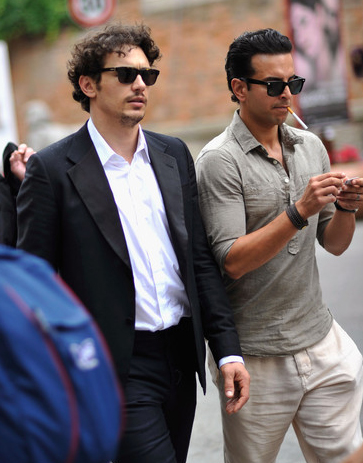 Franco and his star Val Lauren in VeniceSal
Franco and his star Val Lauren in VeniceSalI did this film for artistic reasons. Making a film is not just for entertainment or to make money."
-James Franco at the press conference




